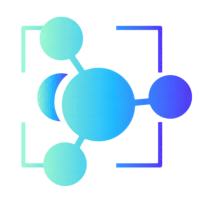Speaking of peptides, you may think it strange! But after reading this article carefully, you will have a deep and comprehensive understanding of peptides!
It is well known that proteins are important components of cells and organisms, as well as important elements that regulate the metabolism of cells and organisms. However, its molecular weight is large, only one-third of the decomposition into free amino acids after entering the human body, and the other two-thirds is absorbed in a form different from amino acids, but it is better than amino acids after decomposition.
It can be seen that polypeptides are the structural and functional fragments of proteins, and also the ordered composition of amino acids. Peptides are compounds made up of two or more amino acid molecules linked by peptide bonds. An umbrella term for a group of substances having small molecule active proteins with molecular weights between 180 and 10000.
More than 70% of human protein is absorbed as peptides. In fact, most of the functional proteins in the human body are carriers, and their functions are completed by peptides on them. Peptides play a fundamental role in the seven major nutrients of the human body.
Peptides are active substances with a variety of physiological functions, and are the “messengers” that transmit information between cells and organs. It exerts its subtle communication function through endocrine, neuroendocrine and neuroendocrine functions, enabling the human body to combine into a series of high-density control systems that regulate the growth, development, reproduction, metabolism and behavior of life processes.
Peptide is a functional nutrient between macromolecular protein and small molecular amino acid. It has the characteristics of strong activity, easy absorption and easy stimulation of human regeneration system. It involves hormones, nerves, cell growth, reproduction and other fields.
